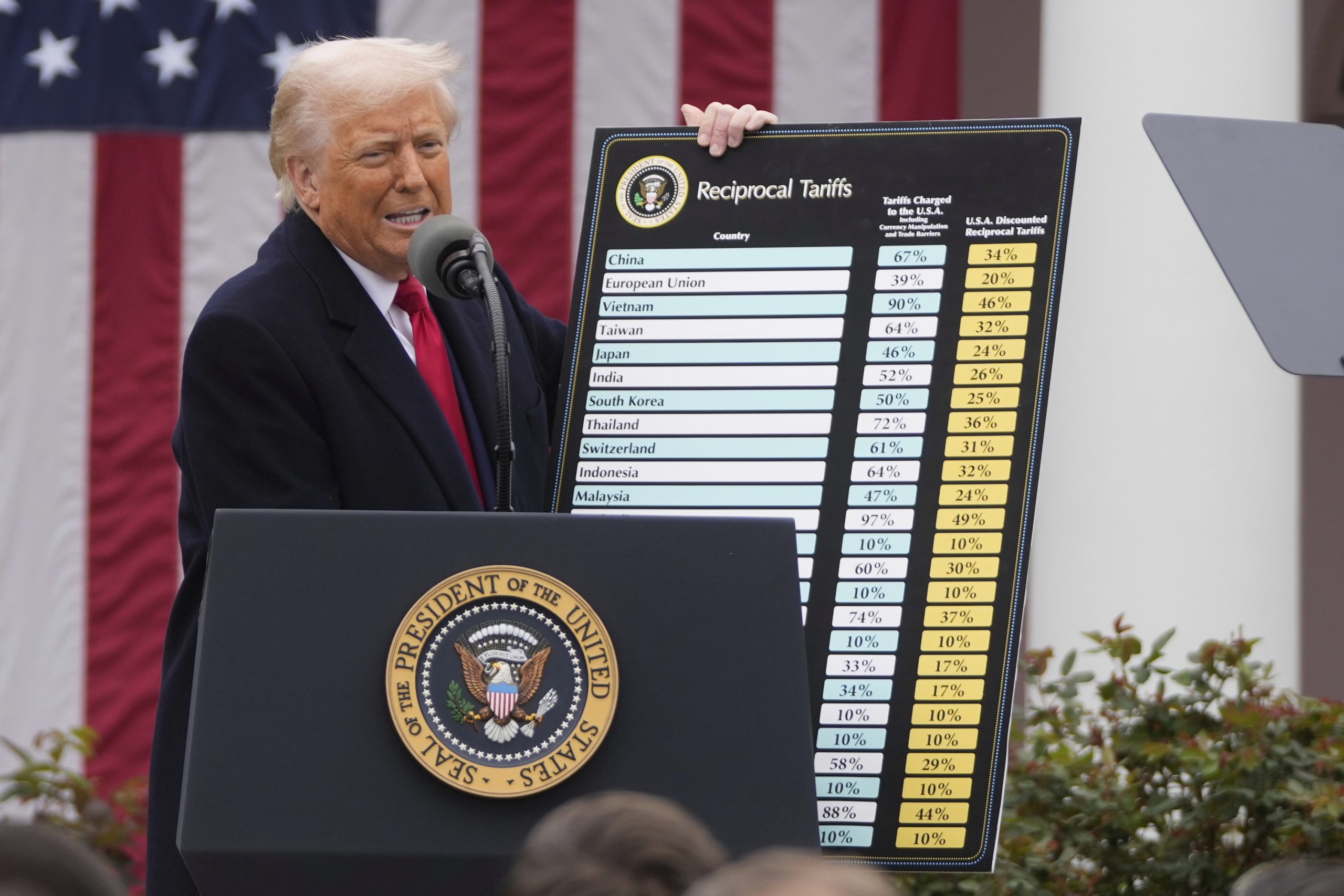Now Reading: China Tries to Turn Key US Ally Against Trump
-
01
China Tries to Turn Key US Ally Against Trump
China Tries to Turn Key US Ally Against Trump

China has asked Japan, a U.S. treaty ally, to team up against President Donald Trump’s tariffs, as reported by Kyodo News in Tokyo. Japan and China are in regular contact at various levels, according to the Consulate-General of Japan in Hong Kong. Newsweek has reached out to the Chinese Foreign Ministry and the White House for comments.
President Trump recently imposed reciprocal tariffs on numerous countries, including China and Japan, in addition to a 10 percent base tariff on all imports. Despite pausing the reciprocal tariffs, China still faces tariffs as high as 245 percent. Last week, Japanese officials visited Washington, D.C., to discuss trade and security ties. Trump mentioned significant progress, while Japanese Prime Minister Shigeru Ishiba cautioned that negotiations wouldn’t be easy going forward.
Meanwhile, China retaliated with a 125 percent tariff and other measures against the U.S., including export controls on rare earth. Trump later softened his stance, indicating that tariffs on Chinese goods would decrease substantially but not to zero.
Chinese Premier Li Qiang wrote to Ishiba through Beijing’s ambassador, urging Japan to combat protectionism together. China aims to win over Japan amid escalating tensions with the U.S. via tariff increases. The Consulate-General of Japan in Hong Kong declined to disclose specifics of diplomatic communications.
China, Japan, and South Korea held a trilateral meeting in late March intending to sign a free trade agreement described as free, fair, comprehensive, high-quality, and mutually beneficial.
However, China and Japan face challenges in coordinating their responses to Trump’s tariffs, including a ban on Japanese seafood by Beijing due to Fukushima Daiichi nuclear plant’s wastewater release and a territorial dispute over the Senkaku Islands.
Japanese Prime Minister Shigeru Ishiba expressed interest in visiting the U.S. for direct talks with President Trump, while Trump emphasized the need for a deal with China. A Chinese Commerce Ministry spokesperson stated China’s firm opposition to any deal at its expense and readiness to protect its rights and interests.
It remains uncertain whether China, standing firm on tariffs, will seek coordination with South Korea to address Trump’s trade policies.






